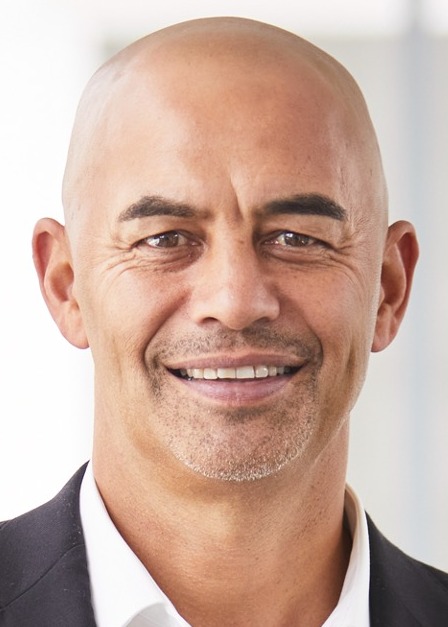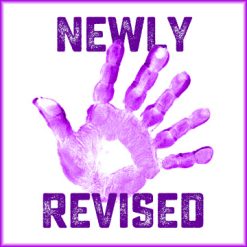|
VOICE ACTING How To Prepare To Compete In The Expanding VO Niche Of Localization: Dubbing And ADR March 1, 2022  By Steven Renata By Steven RenataManaging Director, Kiwa Digital VoiceQ The recent explosion of content for streaming services makes
it clear: This is one of the best times in entertainment history to be a voice over
performer. At the same time, the rapid rise in TV and film content – not to mention a
host of other projects, ranging from commercials to corporate videos – has
led to turnaround times that are tighter than ever before. Particularly in the
lucrative translation market, scripts are delivered with closer and closer to
the deadline for final, recorded audio, which means casting directors,
voice over directors and post-production managers have less and less time to
work through every step of the process. The end result? Performers also have less time to prepare for their roles, yet
the expectation is even greater that the finished product will be flawless. DUBBING: EXPANDING OPPORTUNITIES One of the fastest-growing segments of voice over work is localization
– or, dubbing a TV series or film from its original language into English, and
vice versa. Until the last few years, this was a highly specialized area with
fewer opportunities for work, particularly because non-English films tended to
be subtitled rather than dubbed. However, with the growth of Netflix, Amazon
and other streaming services, series created in other languages are
increasingly popular – Squid Game, Money Heist and Lupin are among
the most successful series in any language ever offered by Netflix. Original-language-to-English dubbing is a huge market for voice performers –
while dubbing from English into other languages remains important, too. What this means is that voice over artists have more opportunities than ever –
but also a new, more competitive and often more stressful reality to contend
with. PREPARING TO COMPETE To better compete in this market, it's imperative that performers
familiarize themselves with the content and the tools that are most in
demand. That includes:
SCROLLING WITH THE SCRIPT Importantly, you also need to be aware that technology plays
a hugely important role in the process. Among the most commonly used software
programs today that helps performers and directors in the dubbing process is
VoiceQ, created by my company, Kiwa Digital, which is based in New Zealand.
VoiceQ takes its name from the "cueing" process that
performers, directors and technicians must follow when recording and replacing
dialogue in any project - including automated dialogue replacement,
or ADR, work in native-language films. The system works by creating a scrolling version of the script, with very specific
timings, notes and marks that any voice performer can follow. By following
along, the performer can closely match the dialogue of the original in very
long takes, so that dubbing no longer requires looping just one or two lines
at a time. It also features a selection of both traditional and innovative
cueing methods, including countdowns, beeps and streamers, along with other on-screen
displays.
But the net result is that the system is as easy to use as
reading along with the words as they cross the screen. By the time a script has
been imported into VoiceQ, all of the exact timings have been worked out,
ensuring that the dubbing process is easy, quick and, above all, focused on the
performance rather than the technical details. The system is almost as old as
movies themselves – it was originally created in France, where different
versions have been used for decades as the "Rhytmo-band" process. REHEARSE IN YOUR HOME STUDIO It may sound a bit daunting, but VoiceQ is easy to use both in the studio and
at home when you're preparing for a project. Think of it as the perfect
"karaoke system" designed specifically for voice actors. It's widely used, too
– more than 4,000 voice actors and 300 dubbing studios worldwide use VoiceQ,
which in 2021 was utilized on more than 800,000 minutes of content. VoiceQ has also introduced VoiceQ Actor, a new software tool that allows voice
artists (with permission from the studio and producers), to securely download
clips and rehearse at home. Sample clips are also pre-loaded into the software,
meaning that performers can grow comfortable with the VoiceQ system before they
set foot in the studio. ----------------------- ABOUT STEVEN Steven Renata is managing director of Kiwa Digital, a New Zealand-based company that created VoiceQ software for voice over dubbing and ADR projects. It also recently introduced VoiceQ Actor - software that allows voice actors to download clips and rehearse the dubbing before actual recording in a studio. VoiceQ Actor is available for MacOS and free to voice actors for one year (see link below). VoiceQ Actor (free for one year): www.VoiceQ.com |
Tell Us What YOU Think!
Please Note: Since we check for spam, there will be a slight delay in the actual posting of your comment.
Comments (3)
John Florian
3/7/2022 at 8:40 AM
Mike, we checked with Steven Renata of VoiceQ, who said, "We are currently scoping viability through our VoiceQ cloud platform. Stay tuned!"
Mike
3/6/2022 at 5:54 AM
Will you release a PC version of the software?
Patricia M Smith
3/1/2022 at 3:02 PM
I'm working on my first (pro-bono) dubbing project. Thank you for the insight.



.png)






click for new article alerts